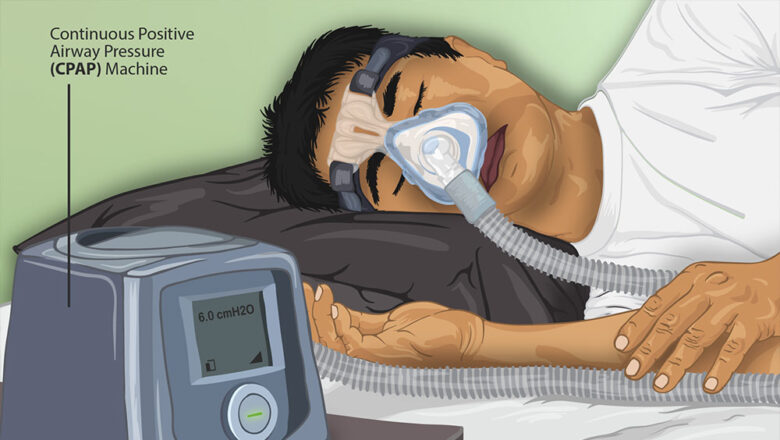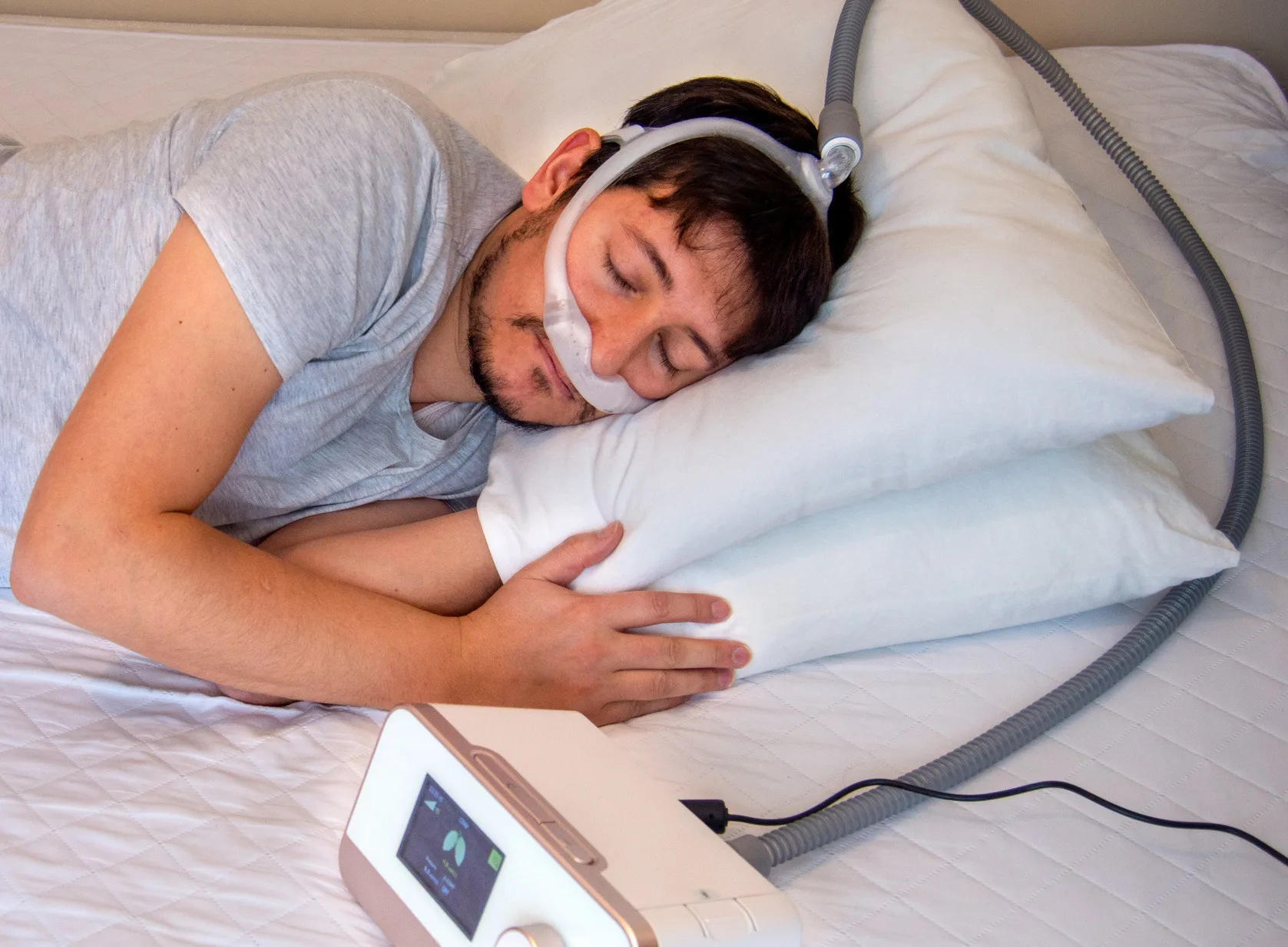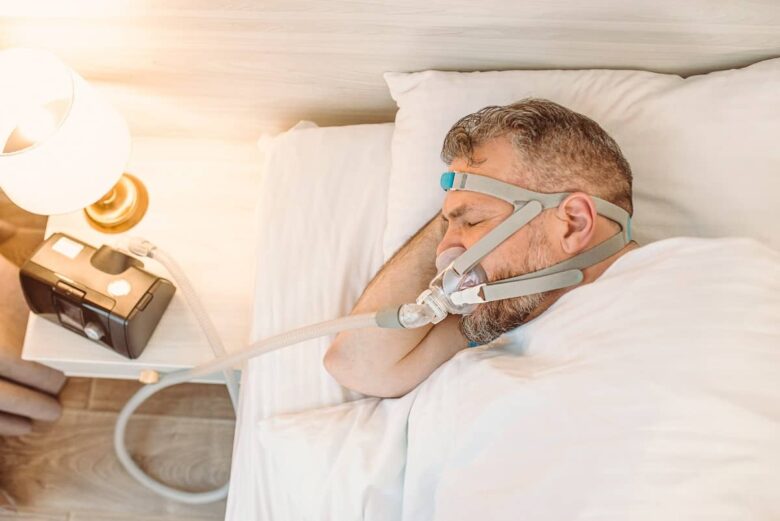In June 2024, Philips surprised everyone when they announced a recall of the CPAP machines.
Philips CPAP machines and ventilators have been in active use in hospitals and homes. However, it turned out that the machines could cause serious health and safety risks.
In the article below, we are going to answer some of the biggest questions you may have about CPAP machines. Furthermore, you can learn more about the Philips CPAP lawsuits that people are filing and whether you should file one or not.
Contents
Recalled Philips CPAP Machines
As we’ve said, Philips voluntarily recalled a large number of ventilators, CPAP, but also BiPAP machines earlier last year.

Source: healthline.com
What are these devices used for?
According to the FDA, these devices are used to “keep your airway open by providing a continuous stream of air through a mask”. CPAP stands for continuous positive airway pressure. The devices are prescribed to people with obstructive sleep apnea and it helps them breathe during the night.
Just for reference, the BiPAP machines, some of which are also retracted from use, are pumping air under pressure into the airway of the lungs. BIPAP stands for a bilevel positive airway pressure.
Philips CPAP Machine Problems
The recall of these machines is motivated by the use of polyurethane-based polyester foam (PE-PUR foam) in the devices. The reason for using the PE-PUR foam was to make the devices quieter and reduce the vibration.
However, it turned out that the foam degrades into particles over time. As such, it can enter the device’s airpath and be inhaled by the user. It goes without saying that it is really dangerous for this foam to get into your lungs.
Immediately upon noticing this, the company recalled the devices that use the PE-PUR foam. Unfortunately, some people have been affected by this and they have ended up with serious injuries that could be life-threatening or that caused some permanent damage.
Some of the common health issues that were reported after the constant use of the machines included:
- Headaches
- Hypersensitivity
- Irritation
- Nausea
- Vomiting
Other than this, possible carcinogenic effects may result from the use of CPAP machines, despite the fact that the company claimed that the health issues associated with the recalled products was only 0.03%.

Source: mbrmedicals.com
Why Are People Filing Lawsuits?
Ever since the recall was announced, people have been filing lawsuits against Philips. The individuals are seeking compensation, claiming that Philips didn’t warn the public about the defective on time. Also, they claimed that the company failed to prevent people from getting seriously injured.
For people who are using the machines, the company suggested patients should check with their physicians how they should continue their therapy.
In their recall statement, the company noted that “alternate ventilator options for therapy may not exist or may be severely limited for patients who require a ventilator for life-sustaining therapy, or in cases where disruption is unacceptable. At the treating clinical team’s discretion, the benefits of continued ventilator use may outweigh the risks in these situations.”
The patients and their physicians should determine whether benefits beat the downsides of using the recalled machines.
In the meantime, if you’ve suffered any health benefits from using CPAP machines, Law offices of Timothy L. Miles advises that you get a free case evaluation. This will help you understand all the intricacies of lawsuit cases and you will see if you can file a lawsuit yourself or not.
However, for lawful matters, it is best to contact lawyers to get all the details.
Philips CPAP Models That are Recalled
Philips machines recalled a large number of models and both the company and FDA created the list of all the machines that are no longer in use. The full list is located here:
- E30 (Emergency Use Authorization)
- DreamStation ASV
- DreamStation SV, AVAPS
- SystemOne ASV4
- C Series ASV, S/T, AVAPS
- OmniLab Advanced Plus In-Lab Titration Device
- SystemOne (Q series)
- DreamStation CPAP, Auto CPAP, BiPAP
- DreamStation GO CPAP, APAP
- Dorma 400, 500 CPAP
- REMStar SE Auto CPAP
- Trilogy 100 Ventilator
- Trilogy 200 Ventilator
- Garbin Plus, Aeris, LifeVent Ventilator
- A-Series BiPAP V30 Auto Ventilator
By checking this list, you can easily tell if you have been using one of these devices or not. Based on that, you can estimate what your next step will be.
The good news is that Philips is open to answer your call if you want to confirm if you have one of the machines that are withdrawn. It might be best to email them first and see what you get as a response.

Source: kogan-disalvo.com
Advice for People Who Still Use Recalled Philips CPAP Machines
If you still have a recalled Philips CPAP machine, the first thing you need to do is talk to your healthcare provider. Replacing these machines is really difficult because there might not be an alternative.
Therefore, see if there is a possibility to use an incline bacterial filter. The role of this filter is to catch all the PE-PUR foam particles and chemicals generated from the foam degradation, thus preventing toxic materials from reaching your lungs.
Keep in mind that this may only be a partial solution. The FDA is still evaluating whether the filter is effective in catching toxic substances and chemicals.
Also, if the filter is installed, it may make the ventilator work less well because it increases the air flow resistance. Keep in mind – and we repeat – its effectiveness is NOT yet proven.
Other Treatments for Sleep Apnea
Since CPAP machines are used mainly for people with sleep apnea, while still using the recalled device, you could consider some other treatments.
Positional therapy such as elevating your head and using a device that prevents you from turning in your sleep has helped some people. Furthermore, there are some oral appliances and surgical options that you may take into consideration.
Last but not least, you can try improving your general health that can help you massively. Doing these three things can help:
- Lose weight
- Avoid alcohol
- Quit Smoking

Conclusion
CPAP and BiPAP machines are recalled and some people are seeking compensation. Although the devices are flawed, Philips has been transparent about the recall. If you have been using one of the recalled devices, make sure to contact Philips first. Also, follow the FDA’s advice and consult with your health care provider regarding the continuation of your treatment. Last but not least, you can find a lawyer to help you evaluate your case and see if filing a lawsuit is the right way to go.
